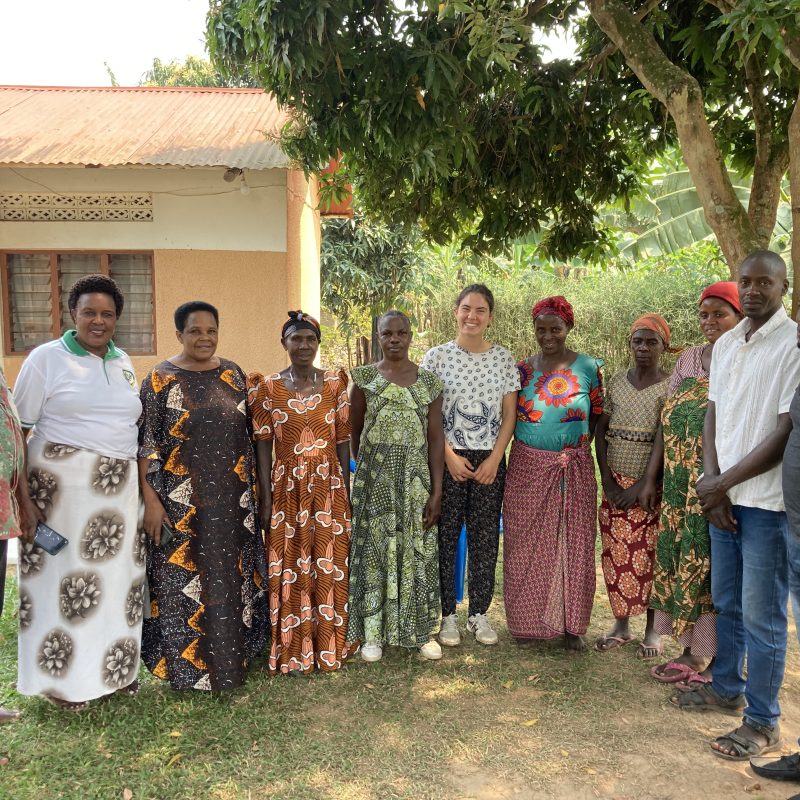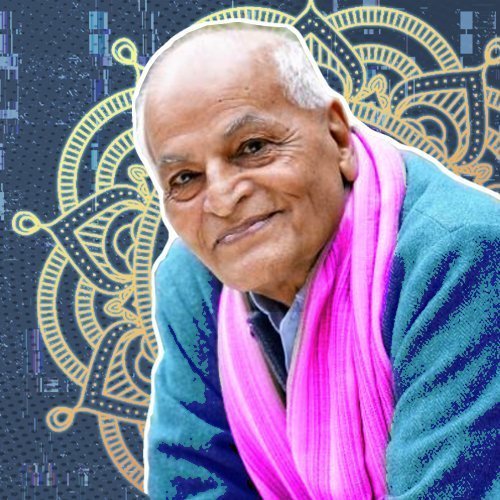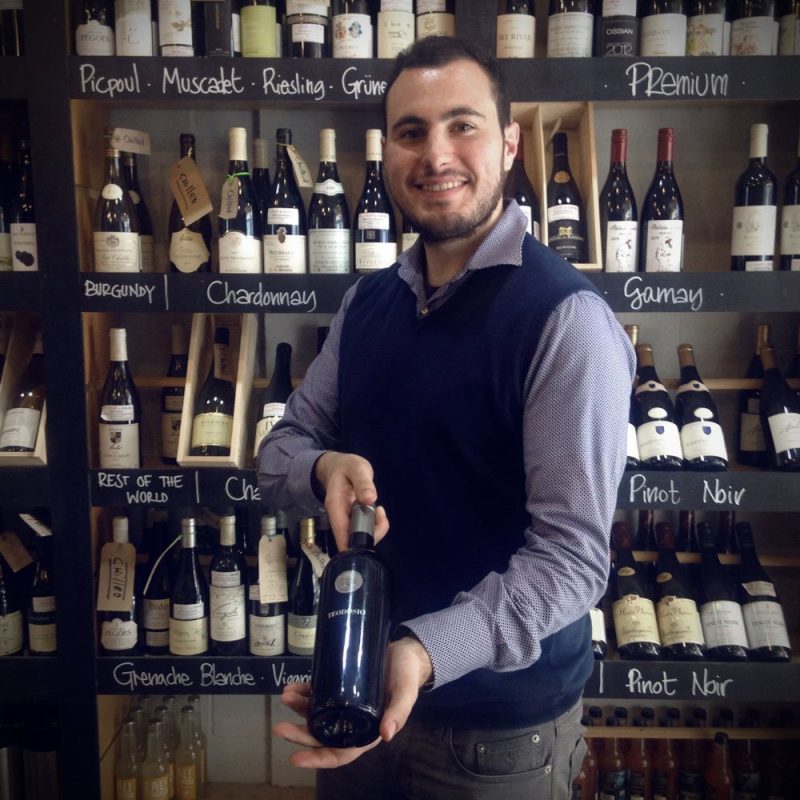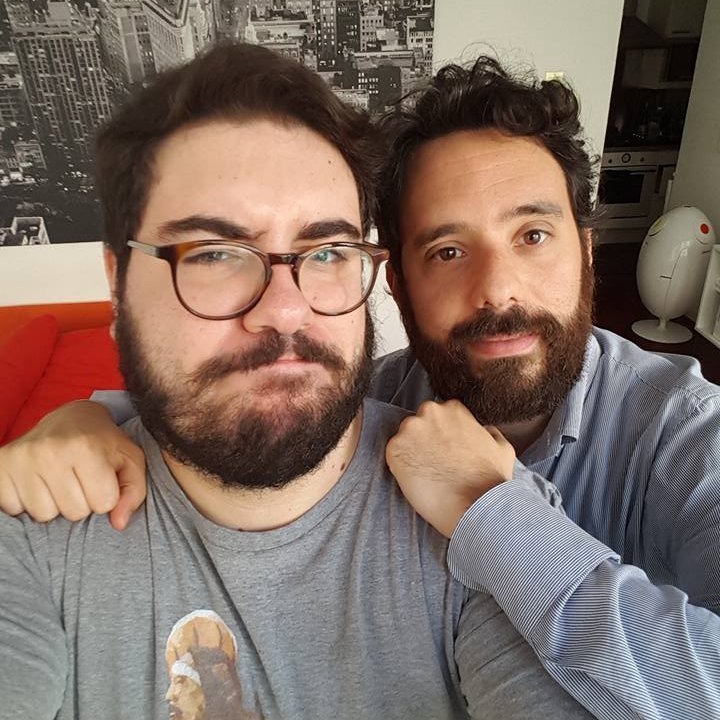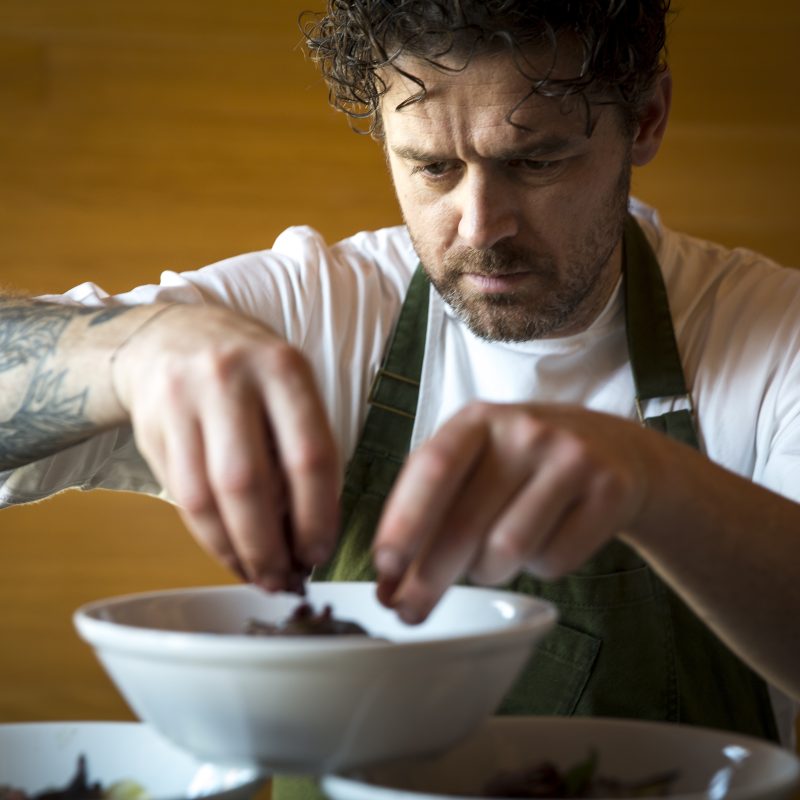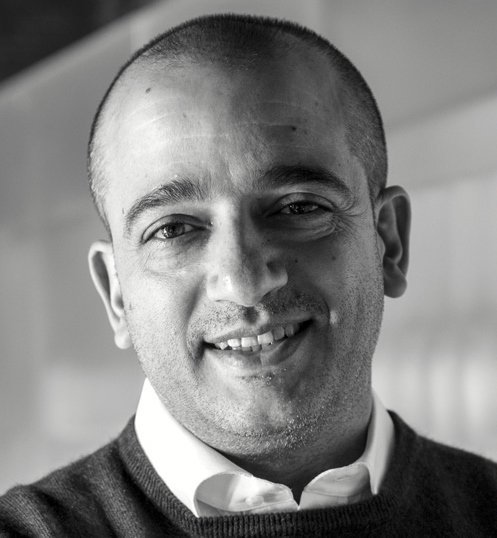What is an Asian language graduate with a specialization in Chinese economics and history doing in a prestigious Langhe winery?
Roberta Picco, 30, originally from Saluzzo, has made it her life’s goal to connect her two great passions, wine and Asian culture. This has led her to travel many miles and spend several years in China before bringing her to the Master in Italian Wine Culture in Pollenzo.
“I studied Asian languages in Venice, then continued with a graduate degree in Chinese economics and history. China has always been my dream, and once I finished my studies I spent about two years there, managing relations for Italian companies in the country. I didn’t stay, though, and once back in Italy I worked in Genoa in the import-export sector,” Roberta tells us during her lunch break (she’s currently interning at Gaja in Barbaresco—more about that later).
Wine has always been a fixation for Roberta, and now she is expanding her experience in the enological field. She wants to know more, to study and be immersed in the world of wine, for both professional and personal reasons. In particular, she is using her language skills to help a number of wineries.
“My idea has always been to bring together China and Italian wine. So I’ve worked as an interpreter in wineries in the Langhe, trying to deepen my knowledge of wine. During my time in China I realized how wine still represents a status symbol for many people, something for the rich. But over time wine consumption is starting to grow, and not just in the main cities, but also in the so-called ‘second-tier’ cities, which are still enormous metropolises. So this is an emerging sector with a great future,” continues Roberta.
“Once I’d settled back in Italy, I started looking for a suitable course. For years I’d been following the activities of the University of Gastronomic Sciences in Pollenzo. Two years ago I came to an Open Day, but the Master hadn’t started yet. I stayed in touch with UNISG and when I found out the program had been launched, I enrolled.”
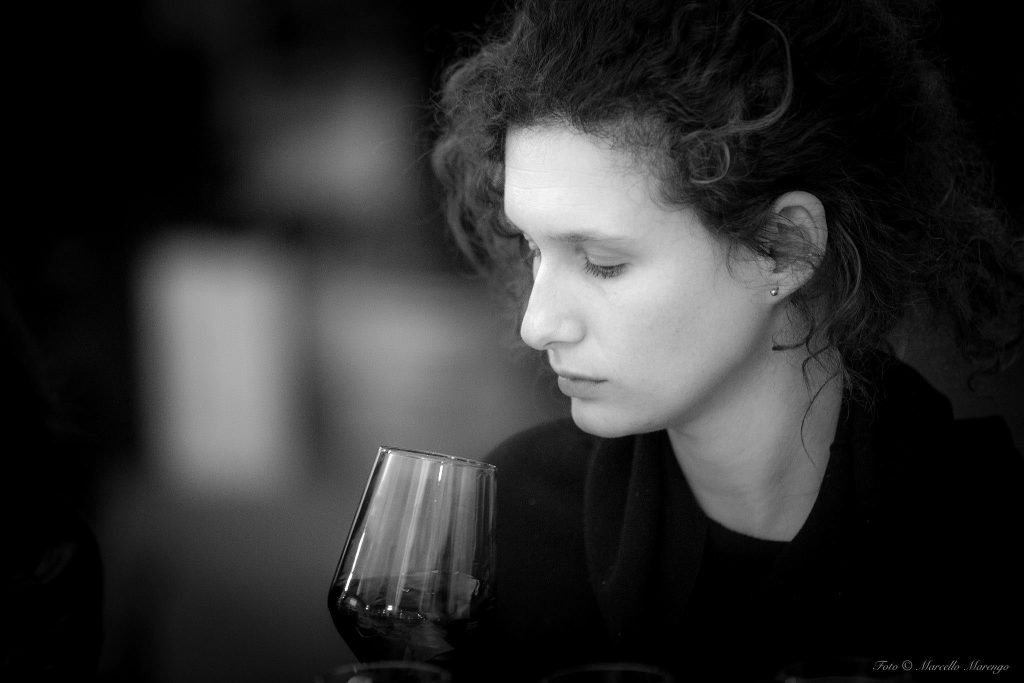
Roberta makes it clear she still has a lot to learn about wine. “The world of wine is very varied, there’s always more to find out and in one year you can’t learn everything. But the Master is a good base from which to broaden your knowledge. I’m happy with the classes and the professors on the program. Like every brand-new course, there have been some problems, of course, but overall I’m getting on well.”
We ask her about the internship, in one of the sacred places of Italian wine. “Here at Gaja, in Barbaresco, I take care of winery visits, which are booked in advance. A visit to Gaja is very educational experience, and for me it’s also a challenge because I’m working as hard as possible to make sure I’m up to the task. Plus being here is an extraordinary opportunity for growth for me. I’m learning so much every day.“
We wonder if she’s already given tours in Chinese. “Not yet,” she answers. “So far I’ve only done them in English. But China is still in my sights. At the moment unfortunately it’s France that plays the biggest role in the Chinese market. If the Chinese think about wine, they think about French wine. I’d like to try to change that. I’d like to see the pairing of wine and Italy triumphing in China.”

